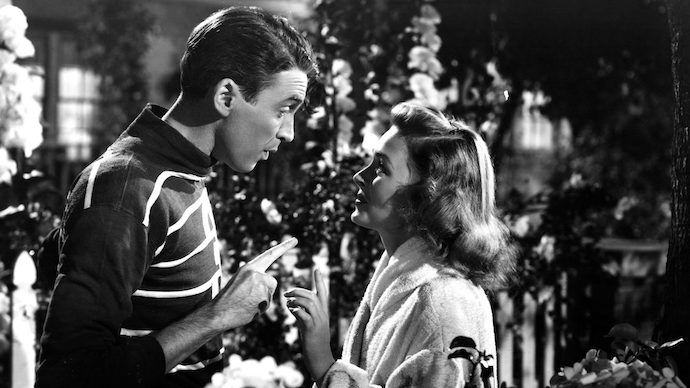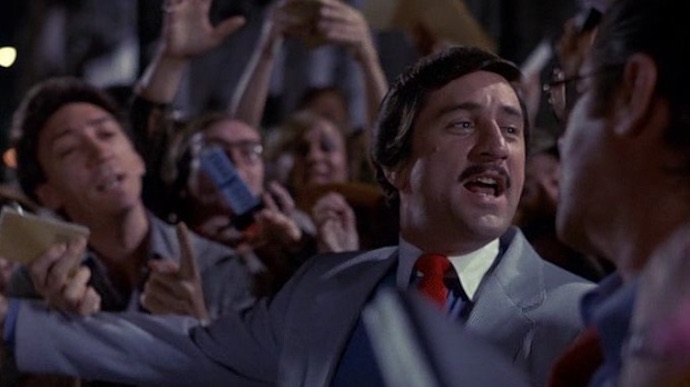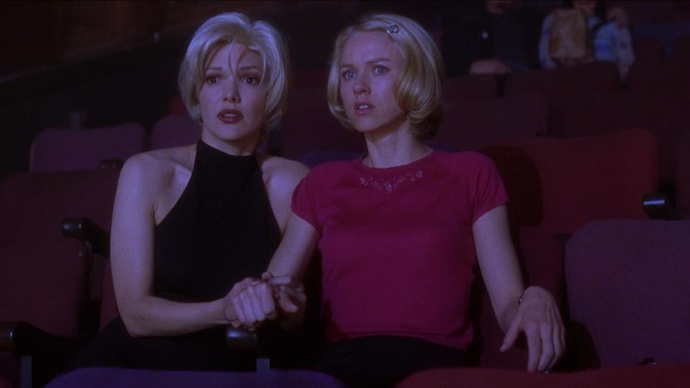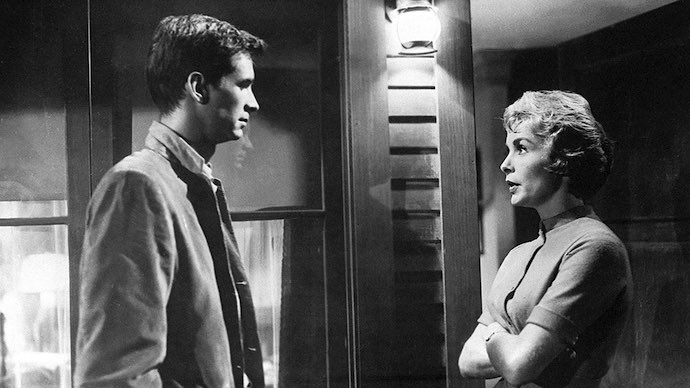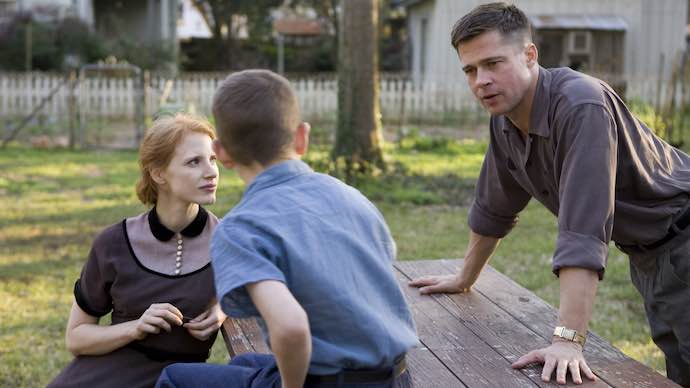Coming from a filmmaker who specialized in great movies, the admission is nothing short of a stunning insight into the mind of cinema’s most venerated auteurs. Easy to make a good movie? A bold statement. However, even if you could make a great movie, it’s a whole different level to create a movie that’s considered a masterpiece. Many great films disappeared into obscurity, far from the minds of the general public. Rare is the case of a truly great movie that was underwatched and underappreciated at release, only to be rediscovered many years later and painfully rise to their rightful spot in cinema history. Only a true filmic masterpiece could accomplish something like that. Here are several great examples of masterpiece films that took their time before they were ultimately heralded as iconic.
8. Blade Runner (1982)
Ridley Scott’s sci-fi masterpiece wasn’t always heralded as one. While editing, Scott had the film taken away from him by the studio and their interfering executives who wanted Scott to drastically change the film. The final result? A warped mess of ideas that wasn’t fixed until many years later, when Scott got the chance to re-cut the film his own way. When “The Director’s Cut” came out in 1992, fans finally got to see what Ridley wanted to do with the film—at least for the most part, as this cut still wasn’t wholly his crystal-clear vision for the film. Much later, in 2007, he released “The Final Cut” version of the film, which is widely considered the purest form of the film, and that’s the one that makes Blade Runner a masterpiece. Ridley Scott’s Final Cut was included in Sight & Sound’s “greatest films of all time” list, proving how influential the film became to modern cinema.
7. Blue Velvet (1986)
So many of David Lynch’s films are misunderstood at initial release, only to become masterpieces later on. Even Dune, which many still look on as a wobbly mess of a picture, managed to find cult status. Blue Velvet is one example of Lynch’s forward-thinking, being a film that confused audiences and garnered a bad rap for its use of sexuality and violence. It caused many critics, including Roger Ebert, to hate the film. However, in retrospect, Blue Velvet is now critically acclaimed. When critics re-watched the movie, they came to see the layers they had missed upon initial viewing, and over time Blue Velvet became a prime example of visual language in mainstream cinema.
6. Citizen Kane (1941)
For as many people describe Citizen Kane as the best film ever made, most forget that it wasn’t a hit at the time of its release. It got some good reviews, sure, but the film was ultimately a failure—one that led RKO to take away final cut privilege from Orson Welles when he was making The Magnificent Ambersons. Only in the mid-1950s did Citizen Kane get a second chance, with RKO re-releasing the film to critical adoration. Unfortunately, the damage brought by those initial reviews still meant that Orson Welles’ demand for final cut privilege during his dry spell in Hollywood was a non-starter. Subsequently, he had many of his later movies taken away from him during the edit phase. Today, Citizen Kane is beyond reproach. It has influenced almost every filmmaker to come after its release, and Orson Welles is widely considered the best to have ever sat in the director’s chair.
5. It’s a Wonderful Life (1946)
It’s hard to think that It’s a Wonderful Life was ever seen as a failure, being that it often tops polls of “the greatest Christmas films ever made.” However, it wasn’t initially a hit. Far from it. The film nearly led to Frank Capra losing his relationship with movie studios, who’d lost faith in him after the film came out. But much in the vein of the film itself, It’s a Wonderful Life eventually fell out of copyright—and a Christmas miracle occurred. Since it no longer cost anything to play the film, it became a staple of Christmas television. It became watched everywhere, and it garnered significant retrospective acclaim. Now, decades after its release, that acclaim remains every year as George Bailey finds his way back home.
4. The King of Comedy (1982)
Martin Scorsese’s career is permeated with several films that could be considered masterpieces. Most of them met with critical acclaim from the outset, but The King of Comedy did not. Though the film met with a warm critical reception upon release, The King of Comedy collapsed at the box office and wasn’t able to find an audience during its initial run. In the ensuing years, the film eventually found a place amongst film lovers, who cited the film as a classic. Upon critical re-evaluation, it’s now considered one of Scorsese and De Niro’s smartest efforts together.
3. Mulholland Drive (2001)
David Lynch’s Mulholland Drive topped the BBC’s poll to find the best movie made in the 21st century so far, which consulted 177 critics from all over the world. The funny thing about Mulholland Drive is that the film was met with both vociferous praise and scathing attacks when it released in cinemas. To many, it was just another example of David Lynch being David Lynch—a film so obfuscated by its own narrative, it was basically overactive hubris. However, like most Lynch films, it slowly grew in reputation. As the people who loved the picture gave their copies to their friends to watch for themselves, Mulholland Drive evolved into a piece of unforgettable cinema. It’s now acclaimed by critics and audiences alike.
2. Psycho (1960)
For the amount of critical praise and adoration that Psycho gets today, few remember that there was a time when nobody wanted to make it—so much so that Alfred Hitchcock was forced to fund it himself. Upon release, Psycho was a box office hit as audiences lined up in droves to see the film, but critics—who didn’t have their usual luxury of prior screenings—weren’t universally impressed. It was only after retrospective screenings and reviews that the film became one of Hitchcock’s most famous works. Today, Psycho is adored and heralded as the film that changed violence in cinemas, given how the movie ratings of the time prohibited excessive gore.
1. The Tree of Life (2011)
Like David Lynch, Terrence Malick’s films aren’t appreciated at initial release and often see mixed reviews from critics and audiences. That certainly held true for The Tree of Life, which Malick spent decades working to create and perfect. It didn’t garner universal acclaim and was even met with both boos and cheers from a raucous Cannés crowd. Fortunately, much like The Thin Red Line and The New World before it, Terrence Malick’s The Tree of Life was subject to a re-evaluation not too long afterwards—and it has led the film to critical acclaim. Arguably the best film of Terrence Malick’s career, The Tree of Life has topped and ranked highly in many 21st century film polls. Read next: Why Terrence Malick’s “The Tree of Life” is a perfect movie

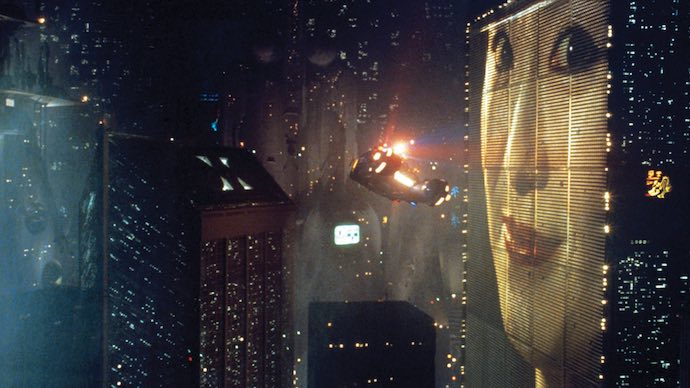

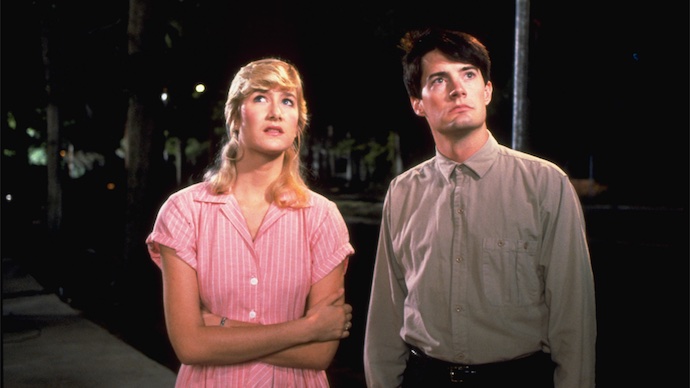

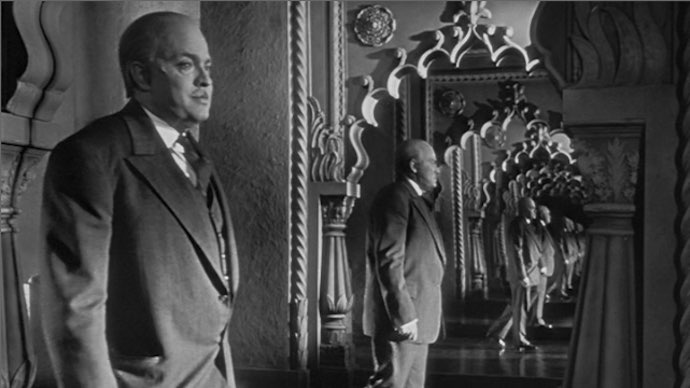
![]()
